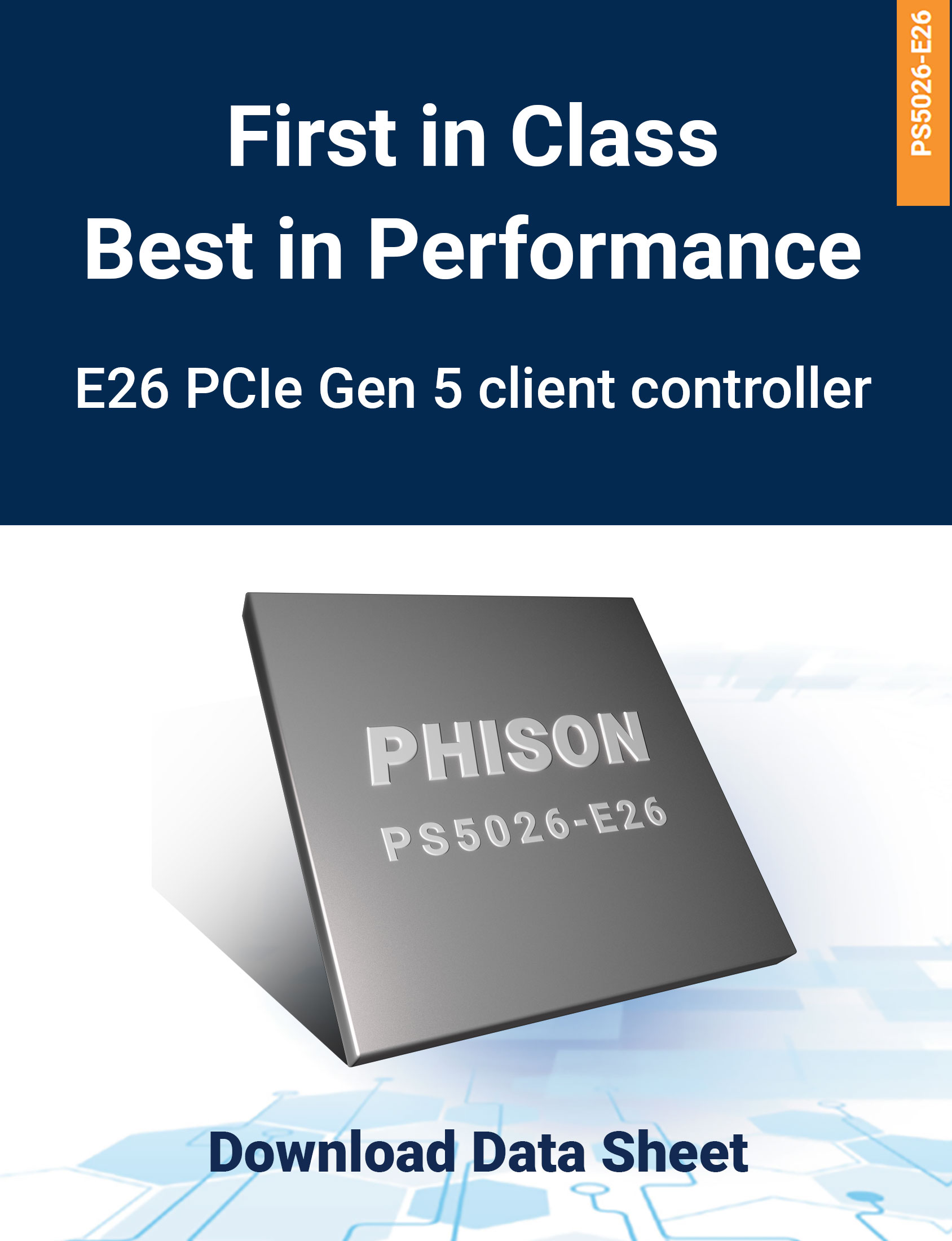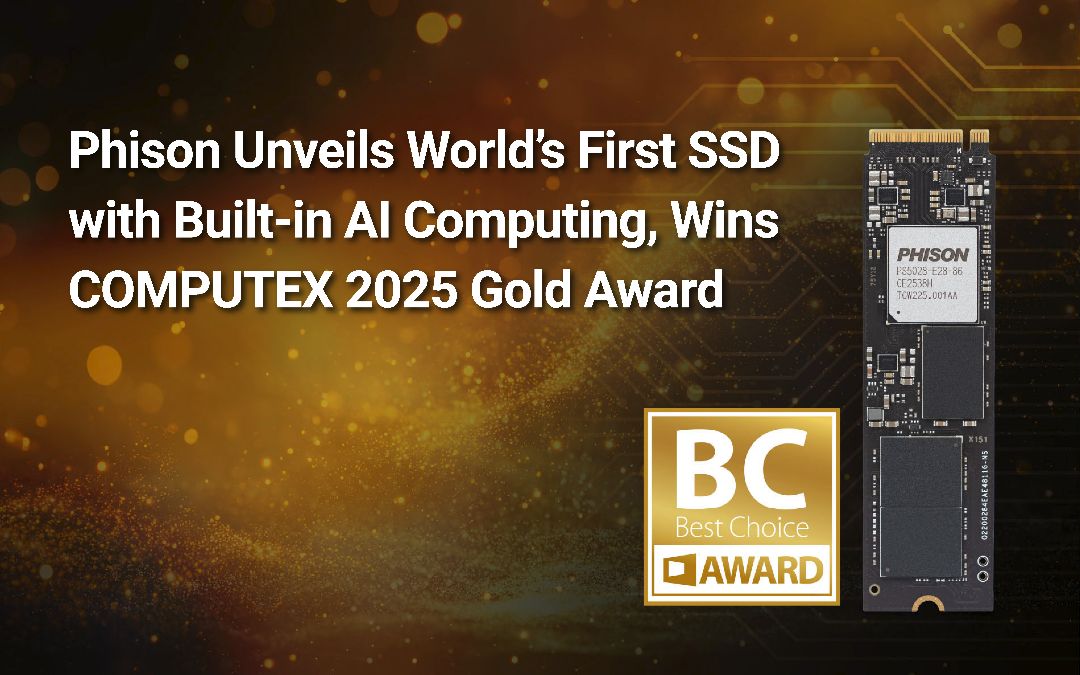Introduction
Few industries these days are as data-driven as medicine—and for good reason. Healthcare organizations depend on reliable, efficient access to patient records in order to make diagnoses and provide high-quality care.
This data takes a variety of formats, from demographic information and clinical notes to lab tests and medical imaging and is truly massive in scope. It’s estimated that hospitals produce 50 petabytes (50 million gigabytes) of information every year.
So, how can healthcare organizations best deal with the soaring size and complexity of medical data? In this article, we’ll investigate some of the most pressing challenges surrounding data storage in healthcare as well as the various solutions to help healthcare organizations improve their storage capacity, speed and reliability.
Challenge #1: Highly diverse healthcare scenarios
Medicine is an extremely broad field, which means that data storage requirements also differ widely. Below are just three possibilities:
-
-
- Blood testers and ventilators: Many medical devices need to update programs or transfer data without access to a network. This use case is suited to removable storage such as SD cards or CompactFlash (CF) cards.
- Data storage for patient records: Patient records may include highly confidential data such as medical imaging and genomic data. What’s more, the size of this data may be very large. This use case requires high-capacity storage devices with built-in security.
- Cutting-edge technologies: High-speed scanning devices can provide massive quantities of information in a short amount of time. This requires both artificial intelligence to analyze all this data and high-speed storage that can efficiently handle and process it.
-
Challenge #2: Data security in the healthcare sector
The HIPAA Journal has revealed some highly troubling statistics about IT security. Between 2009 and 2020, there have been over 3,700 healthcare-related data breaches in the U.S., affecting more than 268 million records.
Although the sheer number of breaches is already alarming, perhaps the more worrisome statistic is how hacks and breaches are increasing. In 2009, there were just 18 healthcare data breaches affecting 500 or more records; by 2020, that number had soared to 642.
What’s more, the potential attack surface for healthcare data breaches will likely continue to increase. For example, the market intelligence firm ReportLinker projects that the worldwide digital healthcare market will reach $456.9 billion by 2026, tripling from $152.5 billion in 2020.
The digital healthcare industry, in other words, combines a rapidly expanding market with highly confidential data, much of which needs to be transferred to other systems or placed in long-term storage—the perfect storm for vulnerability to data breaches.
For these reasons, solid-state drives (SSDs) for healthcare must have the following features to safeguard patient data privacy and security:
-
-
-
- Digital signatures: Phison SSDs implement digital signature verification: only authorized firmware can be accepted by the device. This protects SSDs from being hacked or having unauthorized firmware upgrades.
- TCG Opal 2.0: The Trusted Computing Group (TCG) is a consortium of technology companies that develops industry specifications for improving computer security through hardware enhancements. The TCG Opal Storage Specification is a set of standards for so-called “self-encrypting drives” that have built-in hardware-based encryption. Phison provides SSDs that support the latest version of this specification, Opal 2.0, with security features such as pre-boot authentication and setting permissions by logical block address (LBA).
-
-
Challenge #3: Cutting-edge medical technologies
The COVID-19 pandemic has accelerated the rise of new advances such as telemedicine: using digital technology to deliver medical care remotely. In particular, telesurgery uses robotics to allow doctors to operate on patients remotely in real time.
Telesurgery requires all of the members of the medical team to communicate via high-quality audio. Behind the scenes, however, using high-quality audio requires sustained high performance from disk read and write operations. Phison’s firmware engineer team is testing techniques such as garbage collection and wear leveling to optimize storage device performance.
Another example: MRIs (magnetic resonance imaging) for scanning body organs and tissues. MRIs are often an unpleasant experience for patients; the tunnel is narrow; the machine is loud and the scan usually lasts between 15 and 60 minutes.
Thanks to new developments in storage technologies, however, this experience might soon be improved. In 2019, Phison released the PS5016-E16 SSD drive, the world’s first commercially available SSD solution that supports a PCIe 4.0 x4 interface. The next year, Phison delivered the PS5018-E18, the fastest PCIe Gen 4×4 NVMe SSD solution thus far.
PCIe Gen4x4 isn’t just for gamers or techies—it can enable new healthcare breakthroughs in the patient experience. With PCIe Gen4x4 SSDs embedded in MRI machines, scan times can be shortened while also upgrading image resolutions. In other words, MRI subjects will be more comfortable, and doctors can make diagnoses more easily and with higher accuracy.
How Phison is advancing data storage for healthcare
Phison has an internal team dedicated to embedded storage solutions for use cases such as healthcare. Phison’s SSD solutions offer multiple advantages for healthcare organizations.
1. Reliability
Reliability—i.e. the ability to operate without failure or performance issues—is an essential concern for healthcare storage devices. From drive components to end products, Phison is dedicated to providing the most reliable storage solutions for the medical industry.
With Phison embedded SSDs, all of the controllers and NAND flash memory have gone through the wafer sorting process to select the highest quality components. Customers can also opt for conformal coating or even epoxy to enforce the SSD’s reliability.
In addition, Phison products include features for end-to-end data integrity and comprehensive data protection. These technologies ensure that information is secure throughout its entire lifecycle, from powering up to powering down, without sacrificing speed or performance. For example, to prevent data errors, Phison uses LDPC (low-density parity check) hard-decision and soft-decision decoding and SMART ECC (error correction code) technologies into a three-pronged error correction algorithm.
2. Longevity
Regulations such as HIPAA and state laws require healthcare organizations to retain medical records for years after a patient’s last visit. Fortunately, Phison’s SSD solutions can last for years without needing to be replaced. SSDs are less susceptible to damage than hard disks and do not contain moving parts that could fail over time.
In addition, the bill of materials (BOM) can be locked in order to reduce the risk of component change. This means that memory cards’ flash, firmware and controllers will not be changed without advance notice to the user.
3. Data security
The Federal Information Processing Standard (FIPS) 140-2 is a U.S. government standard for IT security and data encryption algorithms. FIPS 140-2 (and its successor FIPS 140-3) have become widely adopted by healthcare companies and medical device manufacturers. Phison has received FIPS 140-2 certification for secure SSD solutions that fit the needs of these organizations.
Are you in the market for a healthcare data storage solution? Phison can help. Our talented engineers are constantly working to optimize storage devices from hardware to firmware so that we can offer reliable solutions for the rapidly evolving field of medicine. To learn more, check out the Phison blog or contact us today for a chat about your situation.












